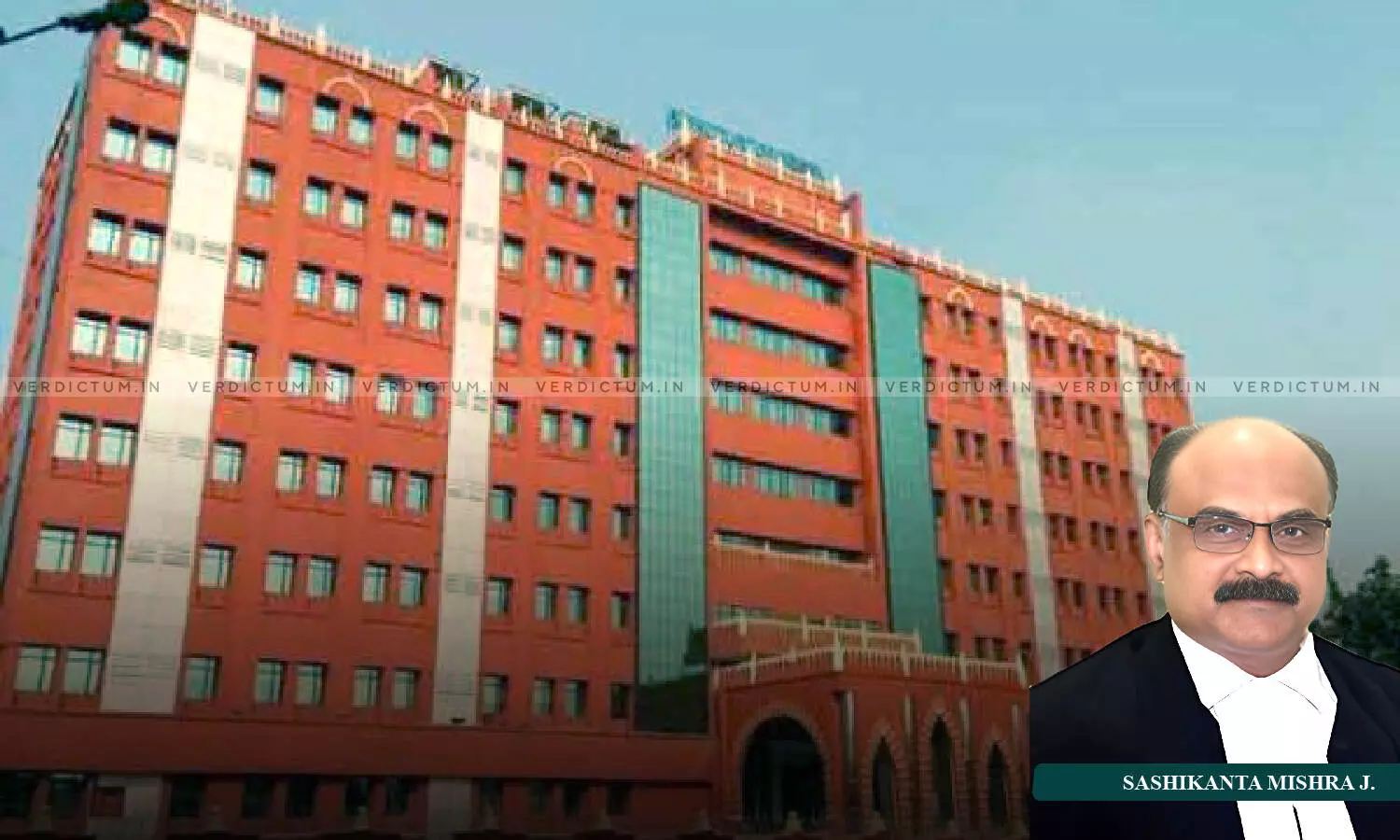
No Statutory Bar On Accused In Custody In One Case To Pray For Grant Of Anticipatory Bail In Another Case: Orissa HC
 |
|The Orissa High Court held that there is no statutory bar for an accused in custody in connection with a case to pray for the grant of anticipatory bail in another case registered against him.
The Court differentiated between an 'arrest' under Sections 41 to 60 A CrPC and a 'remand' under Section 167(2) CrPC, noting that remand applied to cases where the accused was already arrested and no charge-sheet was filed. However, it found no specific provision in the code addressing the scenario where a person needed to be arrested for a new case while already in custody for another case.
A Single Bench of Justice Sashikanta Mishra observed, “Since an order granting anticipatory bail becomes effective only when the person is arrested and as it is not possible to arrest a person already in custody, it follows that when, on being released from custody in the former case, he is sought to be arrested in the new case, there is no reason why he shall be restrained from moving the Court beforehand to arm himself with necessary protection in the form of anticipatory bail to protect himself from such a situation. If such an order is passed by the Court in his favour, it shall become effective if and when he is arrested as normally happens. The only catch is, he cannot be arrested as long as he is in custody in the first- mentioned case.”
Sr. Advocate S.C. Mohapatra represented the petitioner, while ASC S.K. Mishra appeared for the opposite parties.
It was argued that a person against whom another case was registered could not be re-arrested as there was no provision for re-arrest under the CrPC. The opposite party on the other hand argued that an order of remand could not be equated with arrest and there cannot be any apprehension of arrest on the part of the accused to invoke the power under Section 438 of Cr.P.C.
The Court had to determine whether an accused could be granted anticipatory bail under Section 438 CrPC while already being under judicial custody in connection with a different case. The second point of discussion was whether an order of remand in such a situation be equated with an act of arrest.
“The distinction between an order in case of custody bail and anticipatory bail is that the former is passed when the accused is already arrested and in custody and operates as soon as it is passed (subject to submission of bail bonds etc), while the latter operates at a future time - when the person not being in custody, is arrested,” the Court clarified.
The Court held that “there is no statutory bar for an accused in custody in connection with a case to pray for grant of anticipatory bail in another case registered against him.”
Moreover, the Court clarified that the anticipatory bail, if granted, would only be effective only if the accused was arrested in connection with the subsequent case consequent upon the release from custody in the previous case.
Consequently, the Court granted anticipatory bail holding that “there is no reason why the petitioner shall suffer the ignominy of incarceration.”
Accordingly, the High Court disposed of the applications.
Cause Title: Sanjay Kumar Sarangi v. State of Odisha & Anr.
Appearance:
Petitioner: Sr. Advocate S.C. Mohapatra; Advocates S.K. Mohapatra, L. Achari, D. Panda, A. Mohanty, P. Patnaik, J. Sahoo
Opposite Parties: ASC S.K. Mishra; Advocates S.N. Mishra and K. Panda